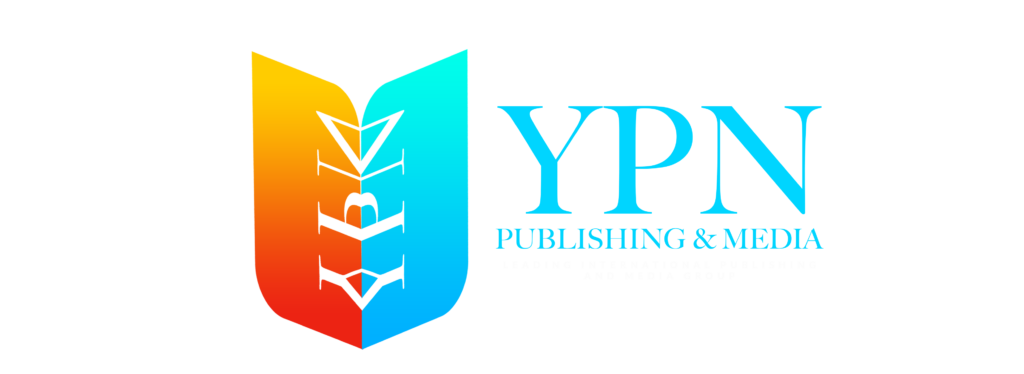So, you’ve finally decided to take a chance and publish your first non-fiction book. That’s great! Sure thing, you want this book to become well-loved, even best-selling, don’t you? For that, it’s critical to choose a trending topic for it, the one encouraging a broader audience to buy, read, and say, “Wow!”
Some critics and writing mentors determine the five evergreen topics that always work in non-fiction literature: success, money, diets, relationships, and happiness. Indeed, they appeal to humans’ subconsciousness, motivating us to read and get some insights (or magic pills) from such books.
But is there anything else you could cover in your work?
Let’s start with simple yet proven formats that will make your writing process less overwhelming but allow you to craft a book that will find its loyal audience.
Here go the ten trending topics for you to consider:
1) Biographies
We love reading about the life of famous people. We want to know the world view they got, their wins and losses on their way to success, and so on. Such curiosity is easy to explain:
We want to see the world with the eyes of those people. Plus, we hope to gain some knowledge or wisdom from them, which would help us make our lives better.
When choosing this topic for your non-fiction book in 2023, please ensure you know the difference between autobiography, biography, and memoir. While most of us understand how to write autobiographies, it may appear a bit tricky to decide what to include in the biography of a particular person or which stories or moments of your life to consider for memoirs.
Examples of great biographies for your inspiration:
Royalty That Values All ,A Force For Civility by HRH Dr. Clyde Rivers, narrated by Prof. Psalm Ebube , A Beautiful Mind, by Sylvia Nasar, Churchill: A Life, by Martin Gilbert, Steve Jobs, by Walter Isaacson
2) Innovation
Being an expert in a particular niche, you can dive deeper into its concepts and develop a completely new one to introduce to the audience in your non-fiction book.
We all love innovative ideas and want to learn them in today’s world of replication when it seems that everything is already invented and explored.
Examples:
Innovaligy by Dr. Krystelle Richardson,
Freakonomics, by Steven D. Levitt and Steven J. Rubner
Antifragility, by Nassim Nickolas Taleb
Blue Ocean Strategy, by Renée Mauborgne and W. Chan Kim
3)Leadership & Mindset
Sure thing, you are welcome to write a non-fiction book about your own Leadership experience and mindset to business and its success, sharing your strategies with the world. It’s so imperative that you have to be a leader in your small way to write about this nitch. But even if you’re not leading now, you can tell the story of some world-famous leaders that are changing the narrative.
Examples:
Future Ready Leaders
3) Business
Sure thing, you are welcome to write a non-fiction book about your own business and its success, sharing your strategies with the world. But even if you’re not a businessman, you can tell the story of some world-famous company.
Examples:
It’s Not About the Coffee, by Howard Behar (about Starbucks)
Inside Coca-Cola, by David Beasley and E. Neville Isdell
4) Money
This topic is evergreen indeed:
Given that not many of us had Economics Basics at school or university, we want to learn it now, from books. You can write a nonfiction book on a so-called “economics for everyone,” describing how to save money or what to do with it to boost a fortune — and voila!
But ensure to write it with an easy-to-understand language and include practical tips an average person can follow.
Examples:
Transforming Your Relationship With Money, by Joseph R. Dominguez
The Road to Financial Freedom: Earn Your First Million in Seven Years, by Bodo Schäfer
5) Happiness
This category combines everything related to self-help. You can write about meditation, self-awareness, psychology, hygge, etc. We all search for tips, tricks, and strategies on what (and how) we can do to become happier.
Examples:
Think Outside The Box by Stipe Lozina
The Year of Living Danishly, by Helen Russell
Not Alone, On the Road Least Travelled by Prof. Psalm Ebube ft,8 contributing authors
The Life-Changing Magic of Tidying Up, by Marie Kondo
6) Simplifying complicated topics
If you’re an expert in some STEM discipline, complicated for an average person to understand (economics, biology, physics, you name it!), why not write a non-fiction book on it?
It’s an excellent opportunity to promote your niche and help people learn something new and understand that physics, economics, and other disciplines of that kind aren’t that boring as they seemed at school.
Examples:
A Brief History of Time, by Stephen Hawking
Gut: The Inside Story of Our Body’s Most Underrated Organ, by Giulia Enders
7) Travel
Why do you think travel blogs and Instagram profiles are so popular? People have the call for adventure, even if somewhere deep inside. So, if you have a travel story to share (especially if you can write it in the form of practical hacks for other travelers) — don’t hesitate to craft a book about it.
Examples:
The Longest Way, by Christoph Rehage
Wild: From Lost to Found on the Pacific Crest Trail, by Cheryl Strayed
8) Tapping into trends
It may not be that simple, but you can try to “catch” the trend and use it as a reference for your non-fiction book. Writing about business, happiness, communication, money, and so on, you build a plot based on Game of Thrones or Star Wars.
Some critics call this technique “to piggyback on a star.”
Examples:
Game of Thrones on Business, by Tim Phillips and Rebecca Clare
The Secret History of Star Wars, by Michael Kaminski
9) Life pleasures
Everything related to our hobbies, home coziness, food, drinks, and relationships comes here. Your non-fiction book on any of these topics has big chances to go viral because… who doesn’t like reading (and learning more) about anything they love?
Examples:
Chicken Soup for the Soul series
What Are You Looking At? 150 Years of Modern Art in the Blink of an Eye, by Will Gompertz
10) Breaking the mold
You can take on some controversial topic that is bothering you personally or causing some discourse in society. Sure thing, it’s critical to stay unbiased, check all the facts, and invite readers to further discussion.
Even a fiction book can break the mold: When Your Mind Is Sick: Mind Your Thoughts, Master Your Life And Grow From Meager To Mega as an example.
Examples of related non-fiction books:
The Holy Blood and the Holy Grail, by Michael Baigent, Richard Leigh, and Henry Lincoln
Silent Spring, by Rachel Carson
Unfu*k Yourself, by Gary John Bishop
In a word
These topics are on the list because of statistics and the top non-fiction categories on Amazon and Amazon Kindle. However, don’t hurry up to get sad or discouraged if you planned to write a book on a different topic. Write about what’s significant to you and what you know best, not what’s popular. Once your work is well-written and solving its target readers’ specific problems, it will find its market by all means.



